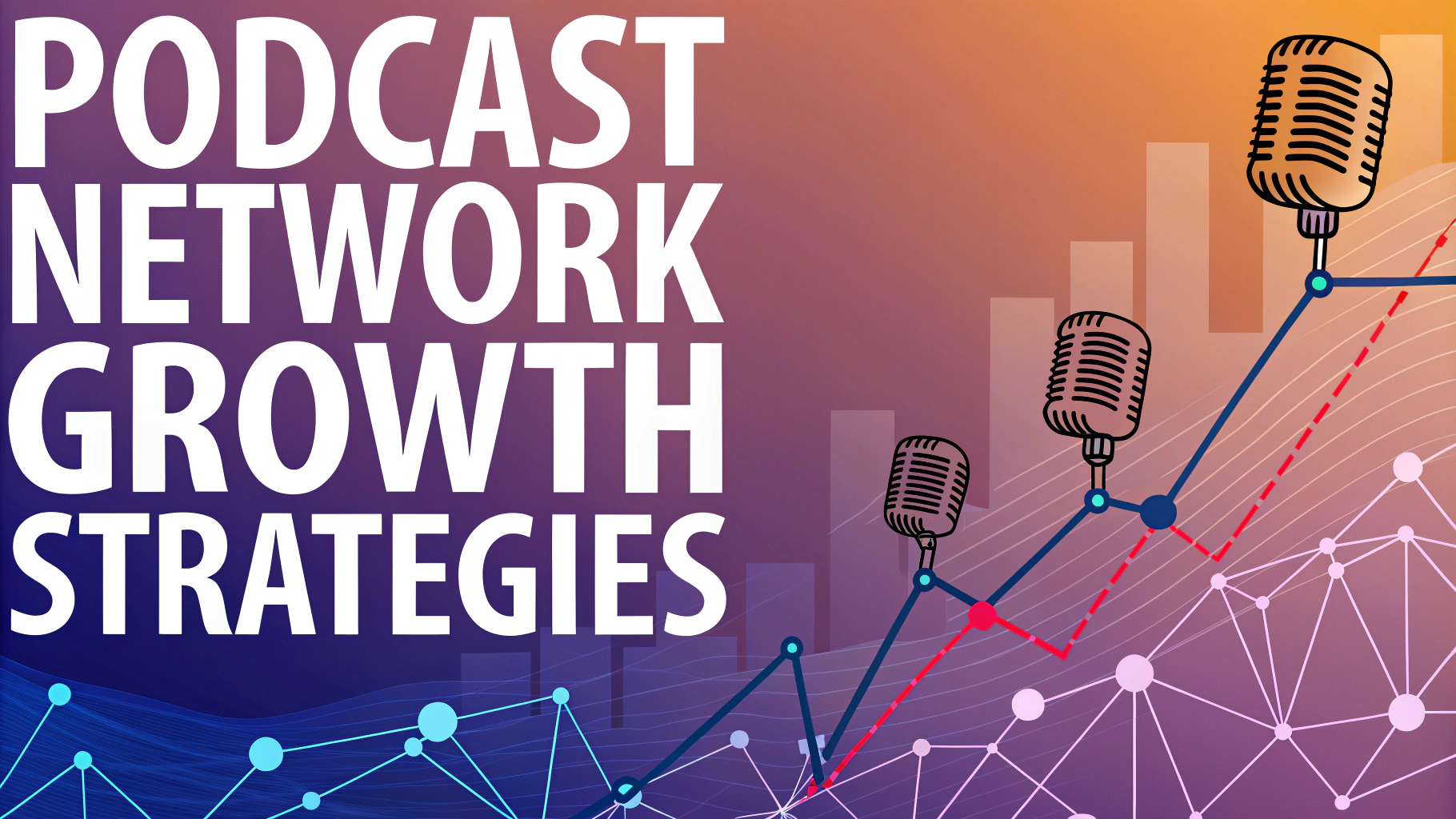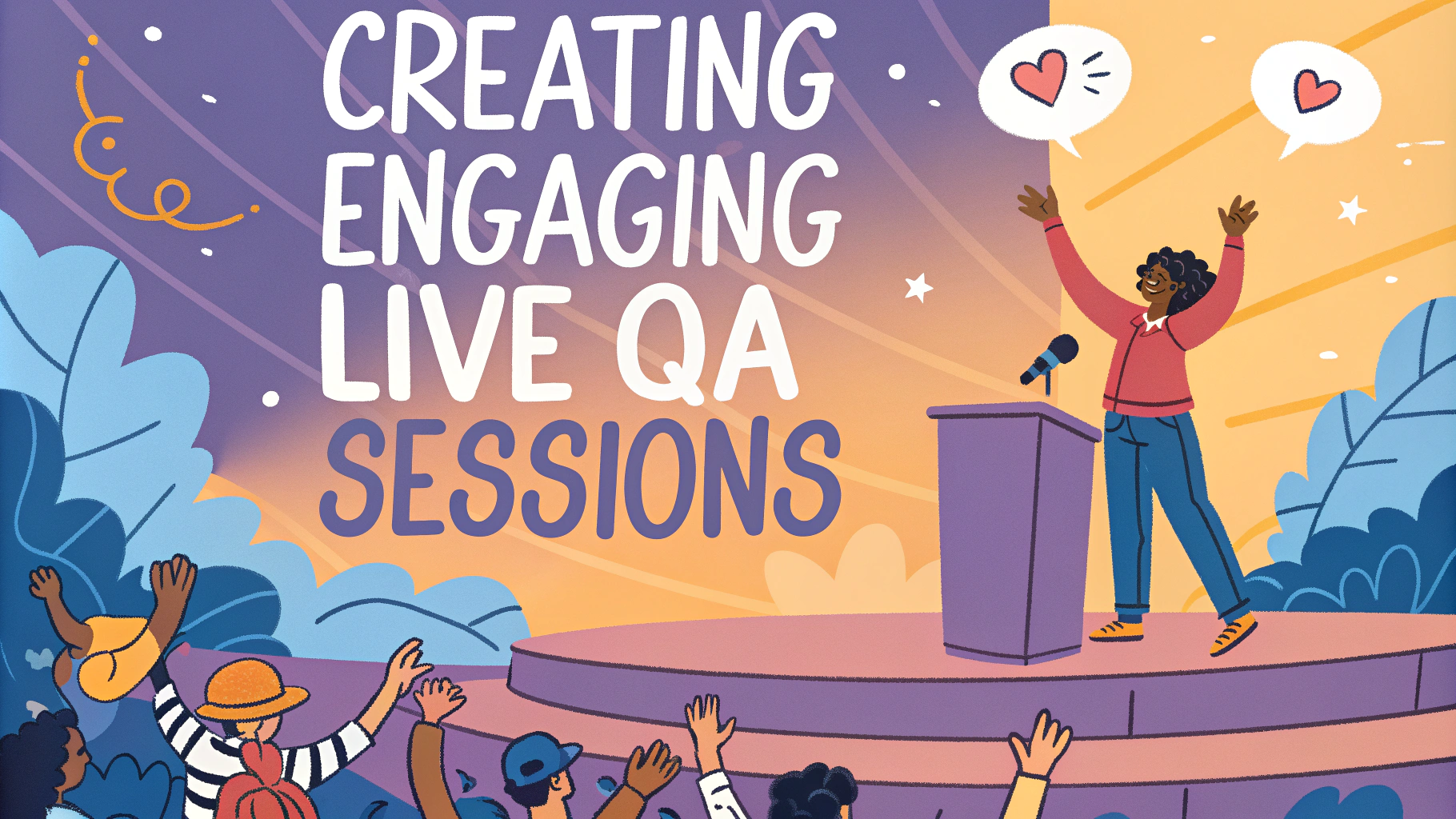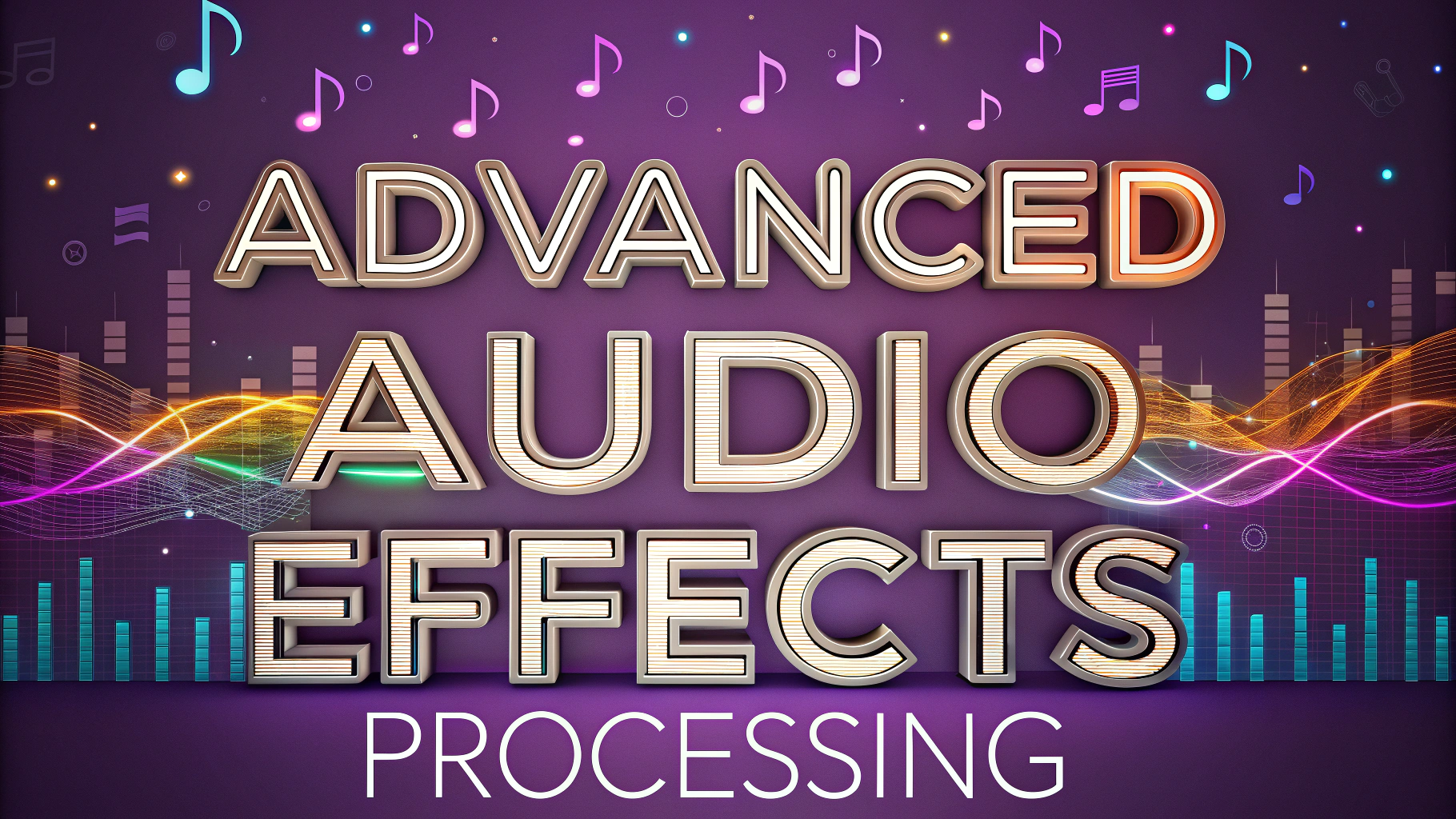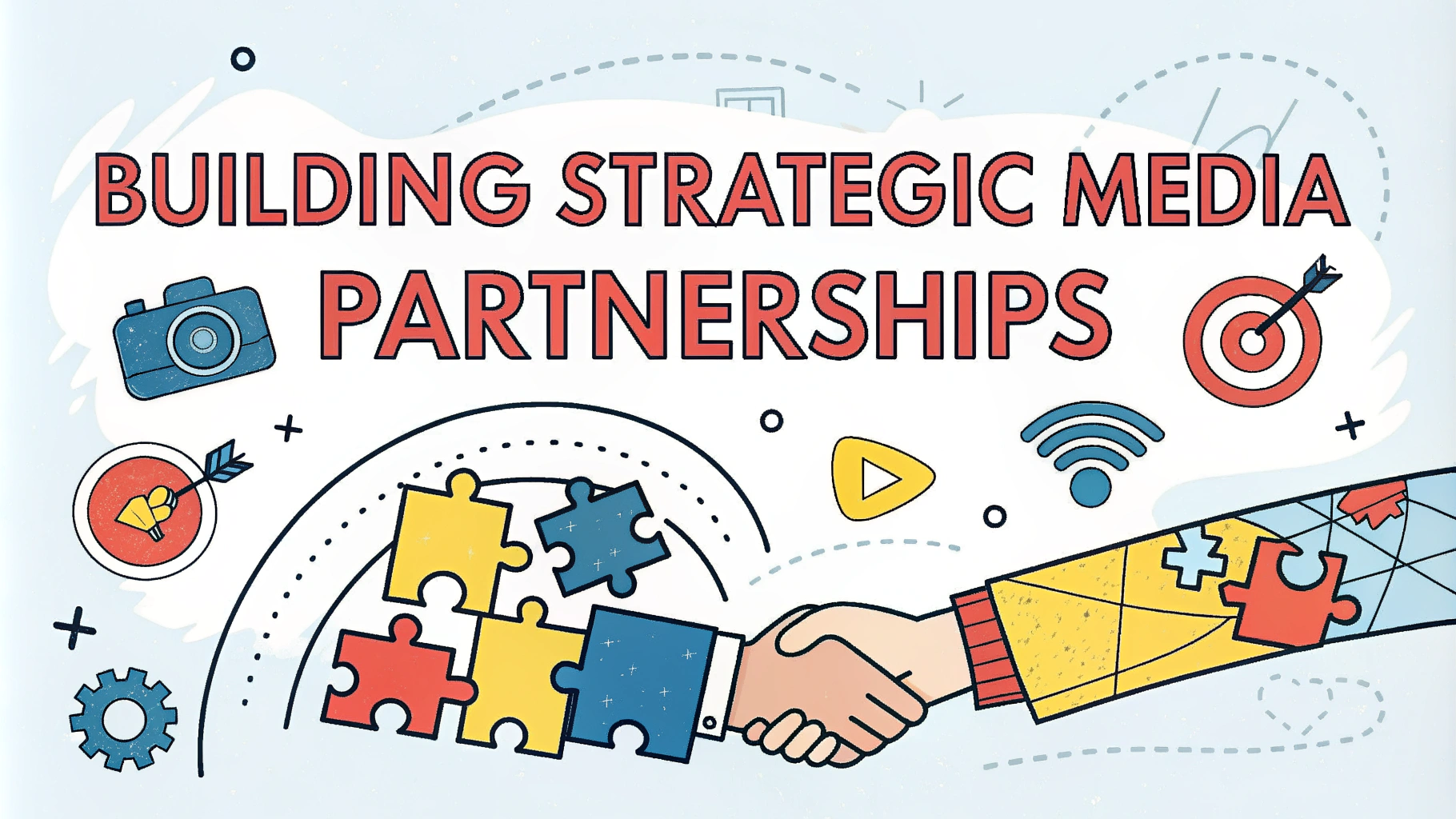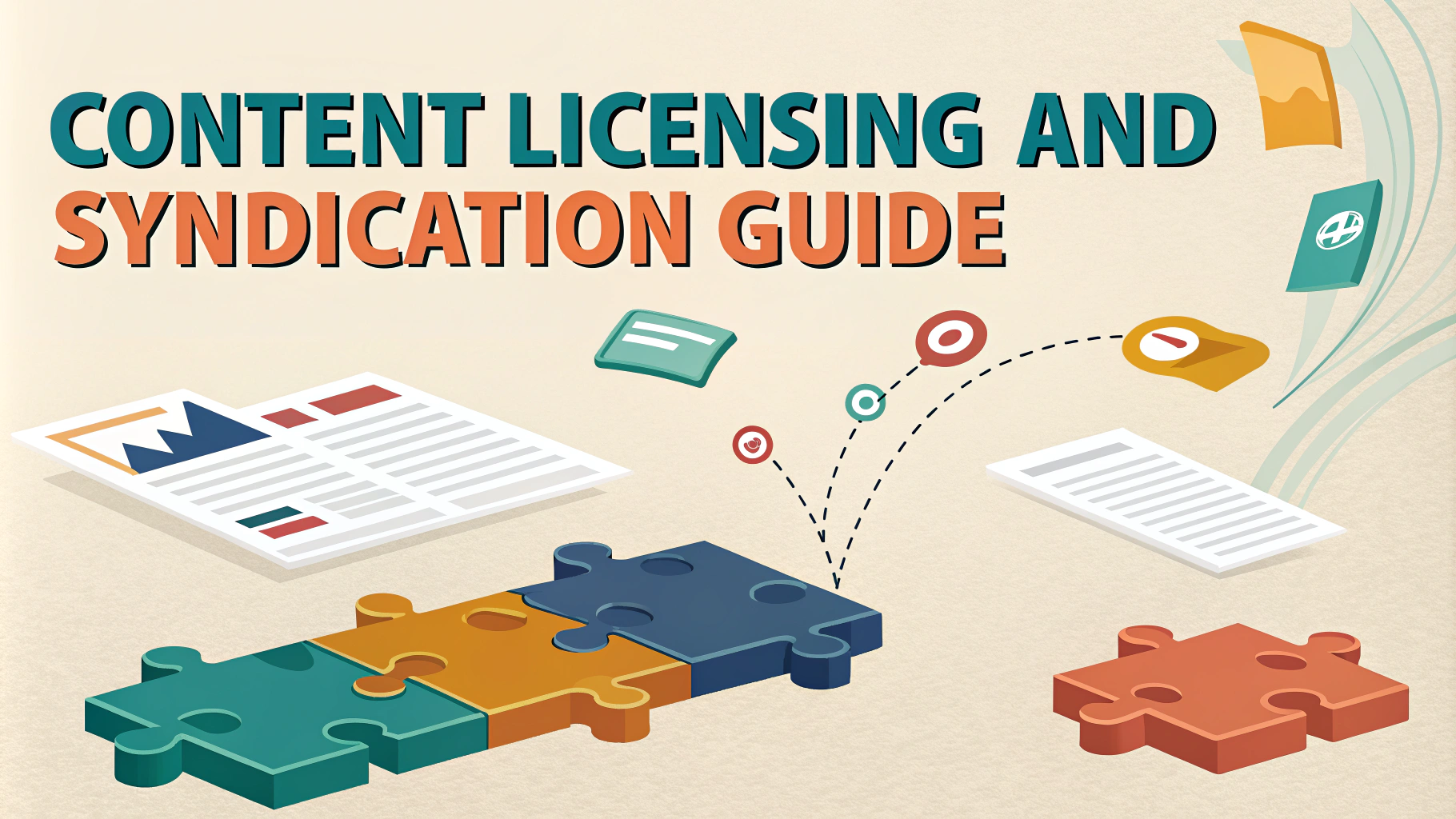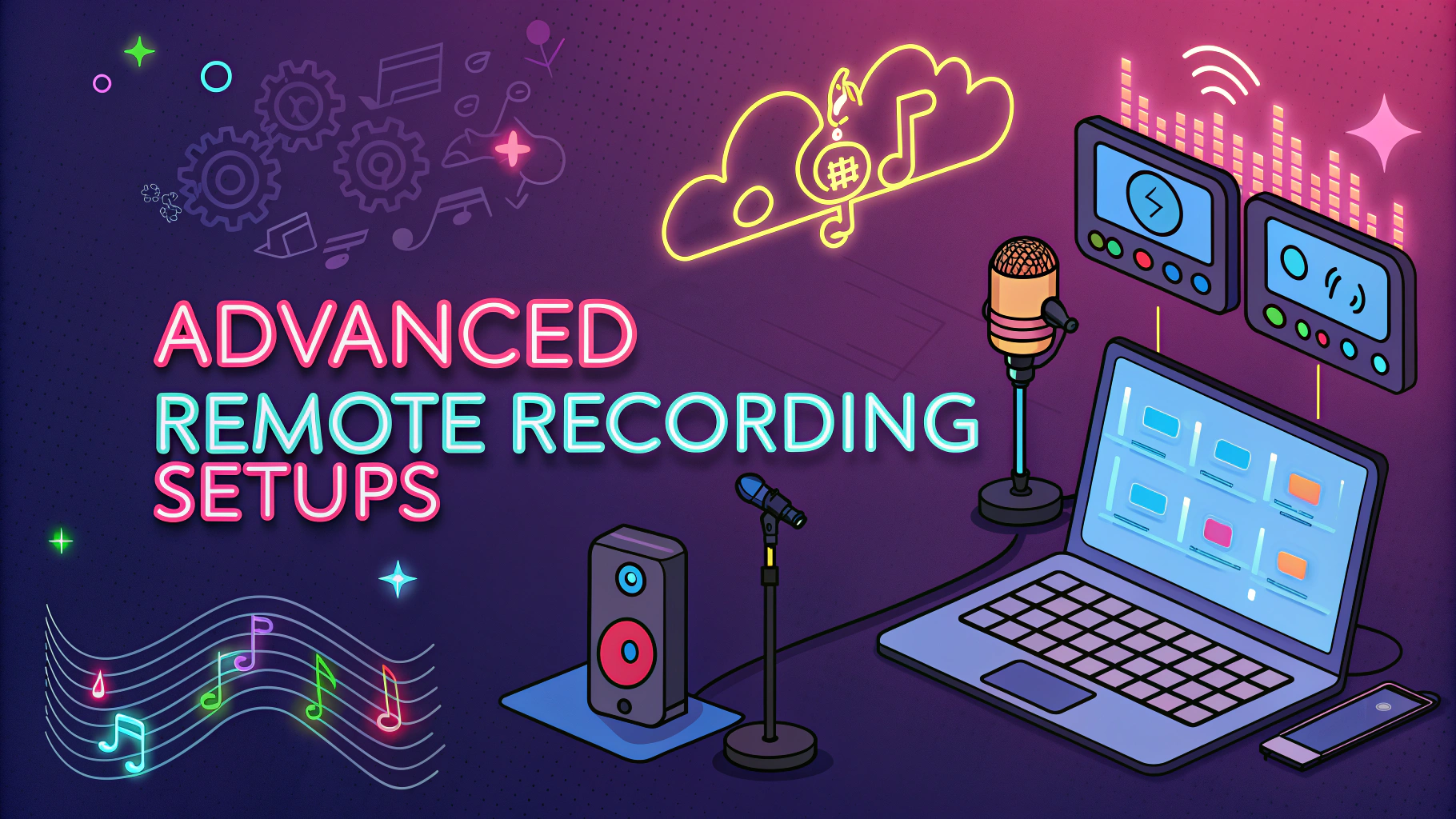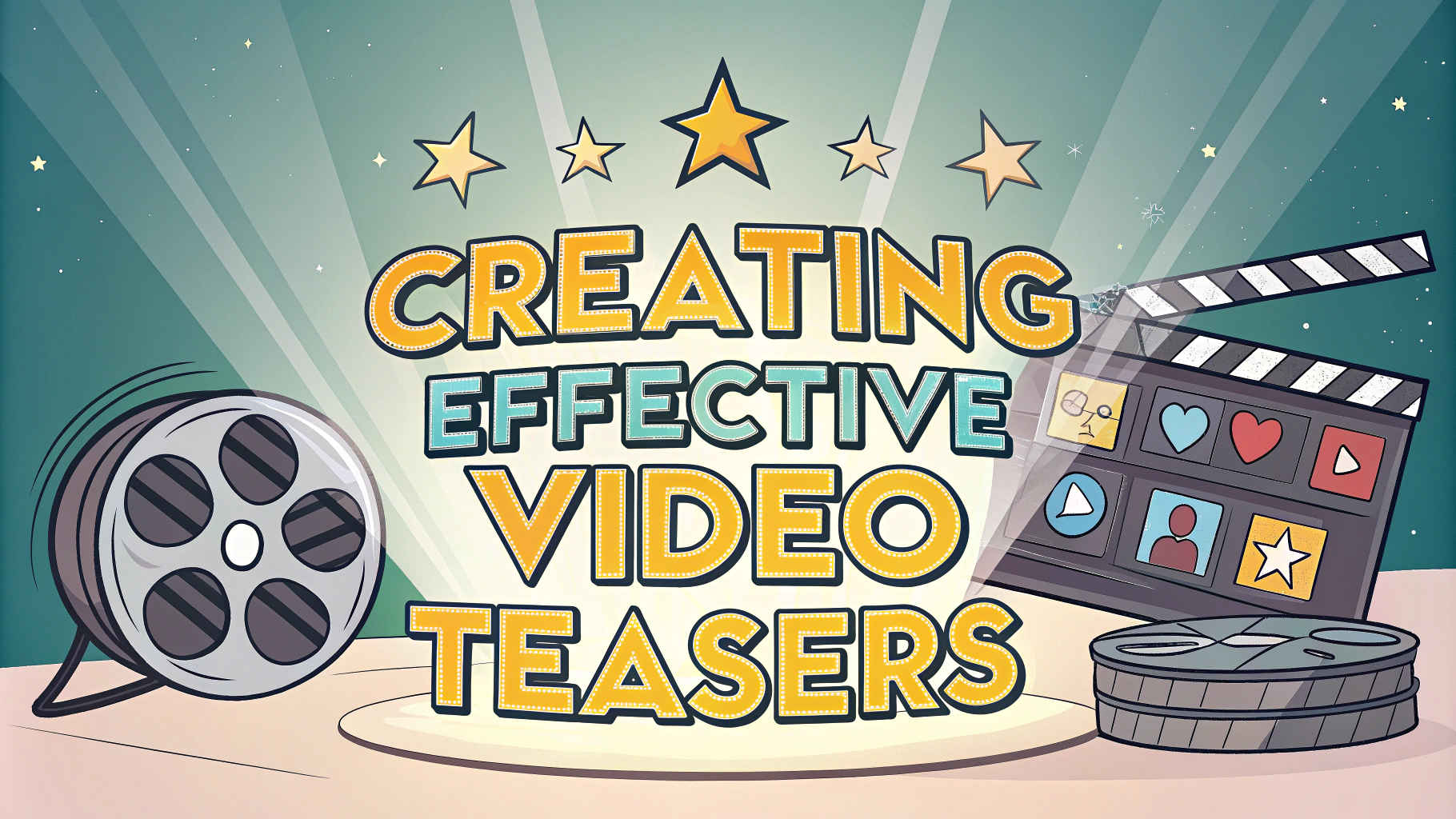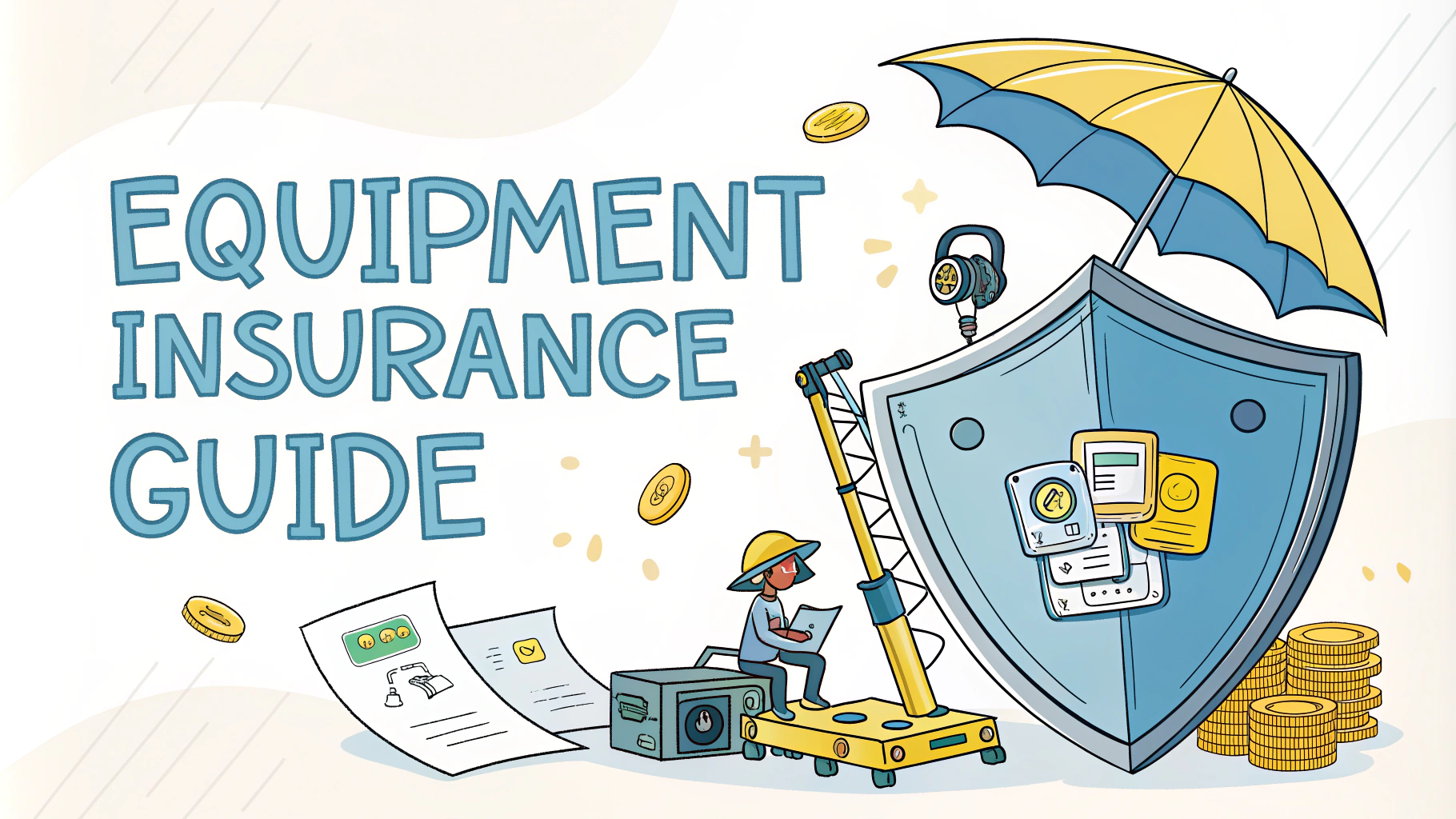Selecting the right monetization strategy can transform your podcast from a passion project into a sustainable business.
Different revenue models suit different types of shows, audiences, and content styles – there’s no one-size-fits-all approach to podcast monetization.
This guide explores proven monetization methods that podcasters use to generate income, helping you choose the options that align with your show’s goals and audience.
Advertising and Sponsorships
Direct sponsorships involve working directly with brands to promote their products or services during your episodes.
- Pre-roll ads: 15-30 second spots at the beginning of episodes
- Mid-roll ads: 60-90 second spots during the middle of episodes
- Post-roll ads: 15-30 second spots at the end of episodes
CPM Rates Guide
| Ad Placement | Typical CPM Range |
|---|---|
| Pre-roll | $18-25 |
| Mid-roll | $25-35 |
| Post-roll | $10-20 |
Membership Programs
Platforms like Patreon and Buy Me a Coffee enable creators to offer exclusive content and perks to paying subscribers.
- Bonus episodes
- Ad-free content
- Early access to episodes
- Behind-the-scenes content
- Private community access
Premium Content Models
Creating premium episodes or courses can provide additional revenue streams beyond regular content.
- Premium feed ($5-15 monthly subscription)
- Online courses ($97-497 price range)
- Exclusive interviews
- Deep-dive content series
Affiliate Marketing
Promote products or services with unique tracking links to earn commissions on sales.
- Amazon Associates (4-10% commission)
- Industry-specific affiliate programs (20-50% commission)
- Software and tool recommendations
Live Events and Merchandise
Physical products and live experiences can create additional revenue while strengthening listener connections.
- Live show recordings ($20-50 per ticket)
- Branded merchandise (t-shirts, mugs, stickers)
- Virtual meetups and workshops
- Annual listener conferences
Consulting and Services
Your podcast expertise can lead to additional business opportunities.
- Speaking engagements ($500-5000 per event)
- Podcast production services
- Coaching programs
- Content strategy consulting
Choosing Your Revenue Mix
Start with one monetization method and gradually expand based on audience response and your capacity to manage multiple streams.
Recommended Platforms
- Patreon – www.patreon.com
- Supercast – www.supercast.com
- AdvertiseCast – www.advertisecast.com
- Podcorn – podcorn.com
Next Steps for Success
Review your show’s metrics, audience engagement, and content strategy to determine which monetization methods align best with your podcast’s goals.
Measuring Monetization Success
Track key metrics to optimize your revenue strategies and maximize returns.
- Monthly revenue per listener
- Conversion rates for premium offers
- Sponsor retention rates
- Affiliate link click-through rates
- Member churn rates
Scaling Your Revenue Streams
Systematically expand your monetization efforts as your audience grows.
Growth Milestones
- 1,000 listeners: Start affiliate marketing
- 5,000 listeners: Introduce membership program
- 10,000 listeners: Launch direct sponsorships
- 25,000 listeners: Develop premium content
- 50,000+ listeners: Explore live events
Common Monetization Pitfalls
Avoid these frequent mistakes when implementing revenue strategies.
- Overwhelming listeners with too many ads
- Promoting products misaligned with audience interests
- Neglecting audience feedback on monetization efforts
- Underpricing premium offerings
- Inconsistent sponsor messaging
Building Sustainable Podcast Income
Focus on creating value for your audience while maintaining authenticity in your monetization approach. Test different revenue streams, measure results, and adjust strategies based on performance and listener feedback.
- Maintain content quality as priority
- Build genuine relationships with sponsors
- Regularly survey audience preferences
- Invest in growth opportunities
- Stay updated with industry trends
FAQs
- What are the main ways to monetize a podcast?
The main monetization methods include sponsorships/advertising, premium content/subscriptions, merchandise sales, crowdfunding/donations (like Patreon), affiliate marketing, and live events. - How many listeners do I need to attract sponsors?
Most sponsors look for shows with at least 5,000 downloads per episode, though niche podcasts with engaged audiences may attract sponsors with fewer listeners. Mid-tier sponsors typically require 10,000+ downloads per episode. - What are typical podcast advertising rates?
Industry standard rates are calculated using CPM (cost per thousand listeners). Average rates range from $15-25 CPM for pre-roll ads and $18-30 CPM for mid-roll ads. - Should I join a podcast network for monetization?
Podcast networks can help secure advertising deals and provide support, but they typically take 30-50% of revenue. This works best for shows seeking turnkey monetization solutions despite lower profit margins. - What’s the difference between dynamic and baked-in ads?
Dynamic ads can be inserted, updated, or removed from episodes at any time, while baked-in ads are permanently recorded into the episode content. Dynamic ads offer more flexibility but require special hosting capabilities. - How do I set up premium content monetization?
Use platforms like Patreon, Supercast, or Memberful to create subscription tiers, then offer exclusive content, early access, or ad-free episodes to paying subscribers. - What percentage do podcast hosting platforms take from subscriptions?
Most platforms take 5-15% of subscription revenue, with Apple Podcasts charging 30% for the first year and 15% thereafter. Patreon takes 5-12% depending on the plan. - Which monetization method works best for new podcasts?
Affiliate marketing and crowdfunding are often most accessible for new shows, as they don’t require minimum listener thresholds and can be implemented immediately. - How do I implement affiliate marketing in my podcast?
Choose relevant products/services, sign up for affiliate programs, create unique tracking links, and naturally integrate product recommendations into your content while disclosing affiliate relationships. - What metrics do sponsors look at besides download numbers?
Sponsors evaluate listener engagement, audience demographics, content relevance, episode completion rates, and host-read ad performance data.

